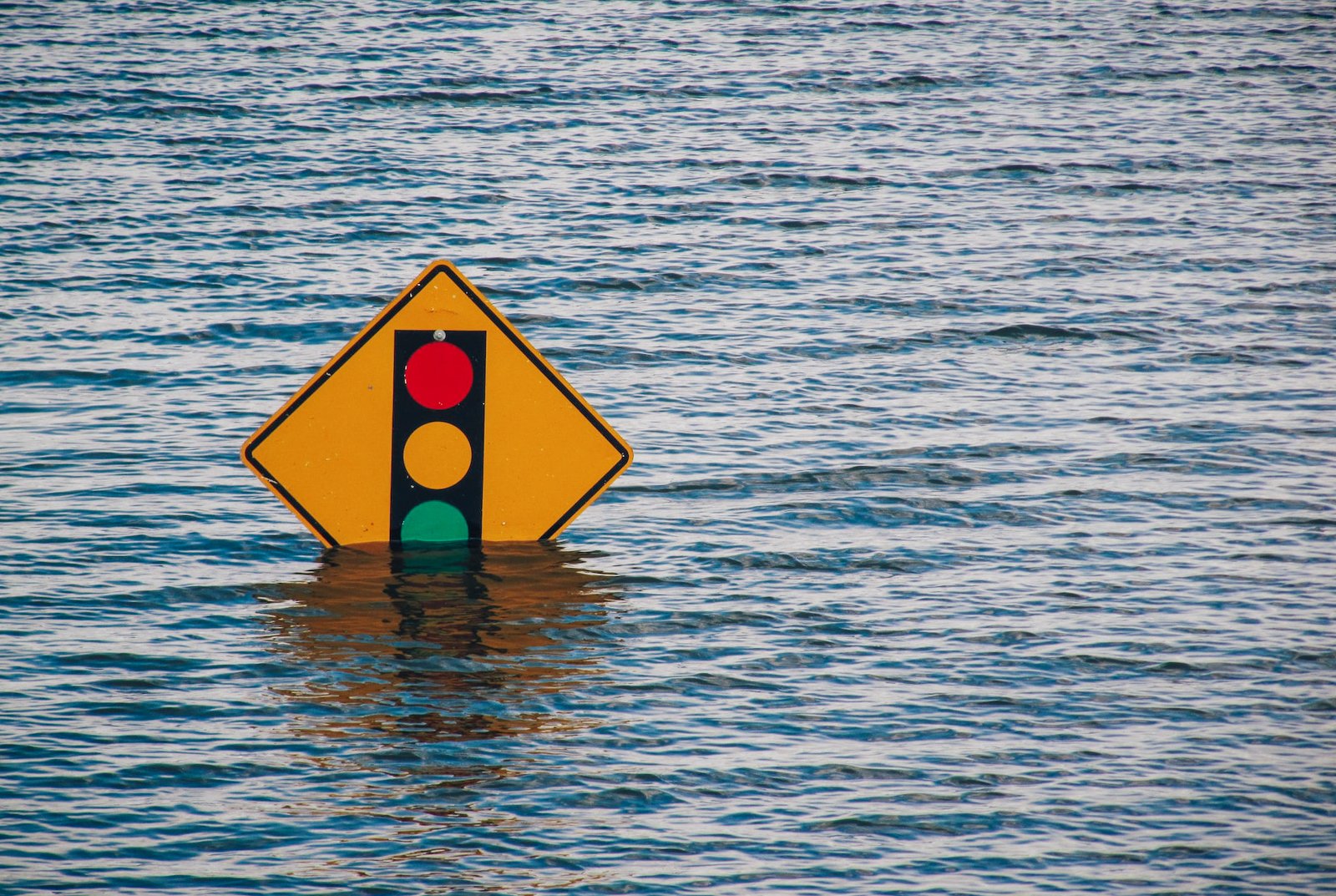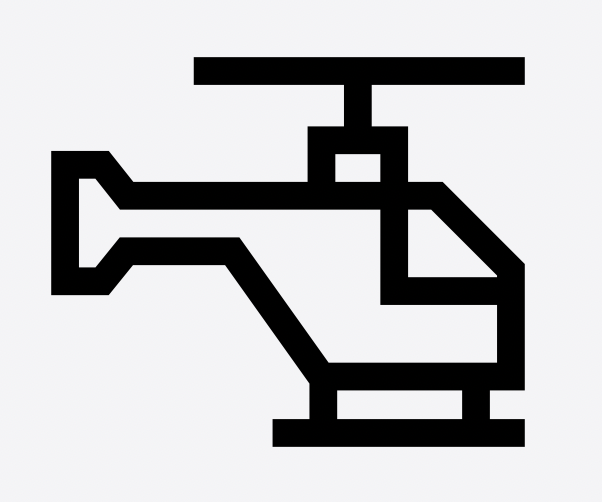“When something grows, it gets bigger physically. When it develops, it gets better qualitatively. It doesn’t have to get bigger” Herman Daly
Kelly Sikkema on Unsplash
Sometimes you find distinction-making quotes that just crystallises your position. The below is from an interview in the New York Times with the ecological economist Herman Daly
In ecological economics, we’ve tried to make a distinction between development and growth.
When something grows, it gets bigger physically by accretion or assimilation of material.
When something develops, it gets better in a qualitative sense. It doesn’t have to get bigger.
Creative Commons
An example of that is computers. You can do fantastic computations now with a small material base in the computer. That’s real development.
And the art of living is not synonymous with ‘more stuff.’ People occasionally glimpse this, and then we fall back into more, more, more.
More from the interview:
The failure of a growth economy to grow is a disaster. The success of a steady-state economy not to grow is not a disaster.
It’s like the difference between an airplane and a helicopter. An airplane is designed for forward motion. If an airplane has to stand still, it’ll crash. A helicopter is designed to stand still, like a hummingbird.
So it’s a comparison between two different designs, and the failure of one does not imply the failure or success of the other.
But in order to move from our present growth economy to a steady-state economy, that’s going to imply some important design principles — some changes in the fundamental design.
And finally:
Is there an ultimate end? That’s harder to answer…I think we’re all in the position where we have to try to answer it for ourselves. But I can rule out the current answer, which is that growth is the ultimate end.
Now, instead of that you could say spiritual improvement is the ultimate end. That gets you into fundamental religious questions: What is the meaning of life? Where did I come from? What’s going to happen when I die?
universe by Vicons Design




